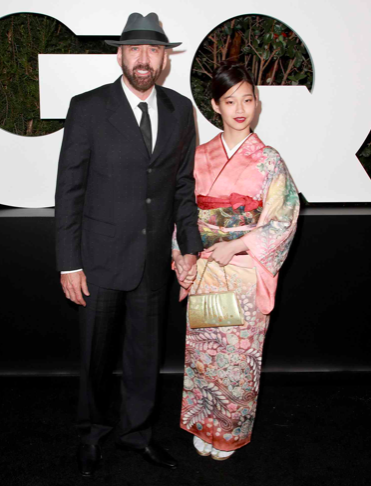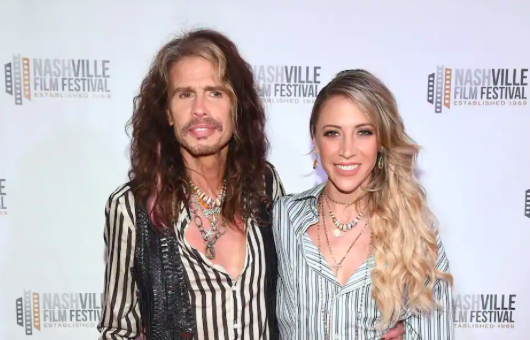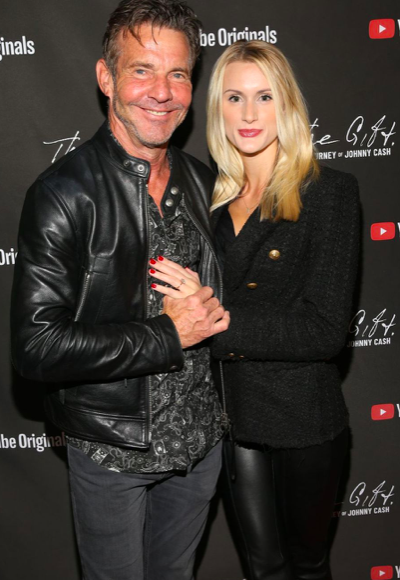This article focuses on age-gap relationships specifically within the context of younger women in relationships with older men. The terms ‘intergenerational’ and ‘age gap’ are used interchangeably.
With modern dating dynamics becoming less rigid, Age-gap relationships have become a topic of widespread discussion, extending beyond mere celebrity gossip. Across different cultures and generations, age disparities in romantic partnerships have long been normalised, influenced by psychology and deep-rooted social and cultural norms. Over the past century, economic changes and greater gender equality have redefined what is considered a typical age gap. This shift prompts a closer look into the real-life experiences of ordinary people in these relationships, beyond the stereotypes and assumptions.
While we cannot contemplate its existence in society, we definitely wonder what these relationships truly signify in our society. Why the appeal? And what has been misunderstood about these types of relationships? I spoke to Lebohang Masango, Author, Anthropologist and Poet who provides invaluable insights into these questions.
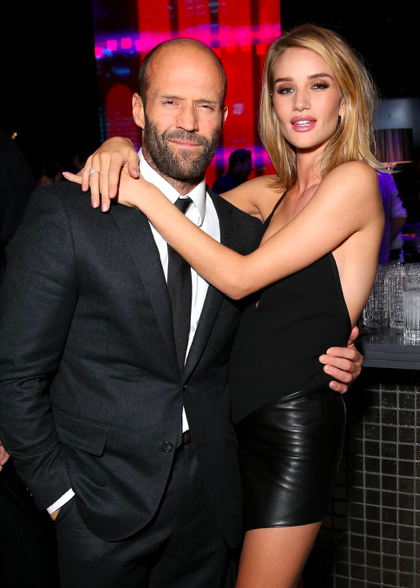
Opening our discussion on age gap relationships, Masango says:
Patriarchy and capitalism established the norm for heterosexual romantic relationships to be intergenerational.
She explains that Patriarchy positions older men in roles of power and control, making them attractive partners, while capitalism values economic success, which older men are more likely to have achieved. In South Africa, this dynamic is evident historically and culturally, from the colonial and apartheid eras, where economic and racial disparities were obvious, to modern times where economic empowerment and traditional norms still influence relationship choices.
Puzzled on how these relationships defy common stereotypes, I extended the question to Masango who stated that the prevailing stereotype surrounding age-gap relationships often revolves around the notion that they are driven solely by financial dynamics, with older individuals leveraging their wealth and status to attract younger partners. However, She observes that such assumptions fail to capture the nuanced reality of these relationships. While financial stability may indeed be a factor for some, She emphasises that individuals in these relationships are not all passive recipients of financial benefits but active participants who prioritise love, respect, and mutual support equally. What Masango encourages is to acknowledge the agency of young women in choosing their partners- and thanks to robust social development programs the narrative is shifting. Young women are becoming more and more empowered to make informed decisions, deterring them from remaining in exploitative situations solely for financial gain.
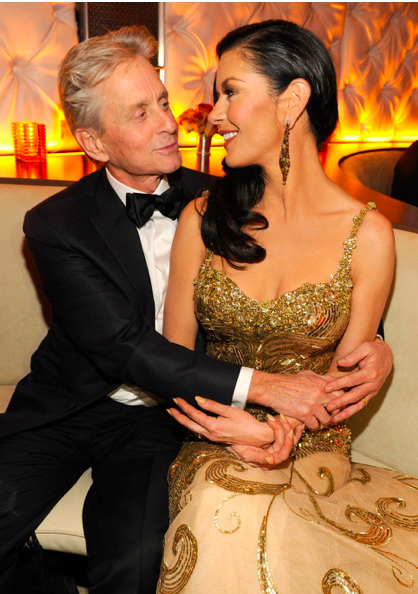
In today’s online world, social media has introduced trends that shed light on the durability of age-gap relationships; acting as both a window into the lives of others and a mirror reflecting our own aspirations and projected ideal selves. Historically, age-gap relationships have been normalised in society, but social media has added new variations to this dynamic. Platforms like Instagram often present opulent, consumption-driven lifestyles, as Masango puts it, which sometimes fosters more desire for similar experiences. Social media, she shares, has also popularised the role of dating coaches, femininity coaches, and hypergamy coaches who advocate for strategic dating practices. These coaches teach individuals how to improve their dating prospects, often emphasising hypergamy—the practice of dating or marrying someone of higher socioeconomic status.
By creating an environment of envy and desire, social media has not only highlighted the existence of age-gap relationships but also provided guidance and encouragement for those seeking to enter into them, amplifying certain ideals, but it cannot dictate the foundation of a healthy, fulfilling relationship.
It was only till my varsity years that I had heard of the terms ‘mummy issues’ and ‘daddy issues’, which often refer to attachment problems as a result of actions by one’s primary caregivers. I thought about how this could further influence one’s dating attitudes; their interest in older men/women is potentially seen as an opportunity to make up for a lost childhood. Reflecting on this impact, I questioned Masango on the impact of upbringing on one’s dating attitudes, particularly in the context of single-parent households. She acknowledges the prevalence of such family structures in South Africa and the contrast of media portrayals of idealised family dynamics. However, an examination of these narratives is critical, recognizing that societal ideals may not always align with lived realities, particularly in the local context of South Africa.
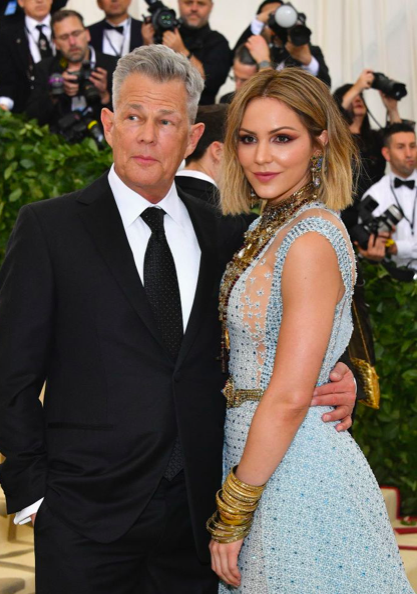
Before I approached Masango on the theme of this article, I read an article on her book, ‘The Soft Life: Book, Love, Modern Dating’ and felt that the book communicated the idea that women value their choice in dating and career equally. Masango tells me that the intersection of career aspirations and intimate relationships reflects changing priorities for young women.
Being a society marked by economic uncertainty and social challenges, the choice of a life partner carries significant weight, she says, impacting not only personal happiness but also future prospects. While we may all be able to recognise the goal of socio-economic advancement as universal, taking the right steps to achieve it can take everyone down different roads. Age-gap relationships are seen as having more maturity and stability, qualities that appeal to those balancing career aspirations with personal life. Additionally, older partners and their greater life experience can provide valuable insights that complement a woman’s journey in both professional and personal spheres. Age-gap relationships, Masango suggests, offer a potential pathway to socio-economic security, allowing individuals to access resources and opportunities while juggling personal endeavours.
As with all relationships, we say stay vigilant! Experiences of exploitation and manipulation repeatedly occur when financial disparities exacerbate power imbalances. In a country struggling with gender-based violence and systemic inequalities, such reminders are indispensable. Masango’s insights challenge us to rethink age-gap relationships beyond superficial stereotypes. If we can recognise the agency, complexity, and diversity inherent in these relationships, we move towards a more modern understanding of love, choice, and modern dating in contemporary society. We have a long and complicated road to understanding human connection. May we approach age-gap relationships with empathy and genuine curiosity.
